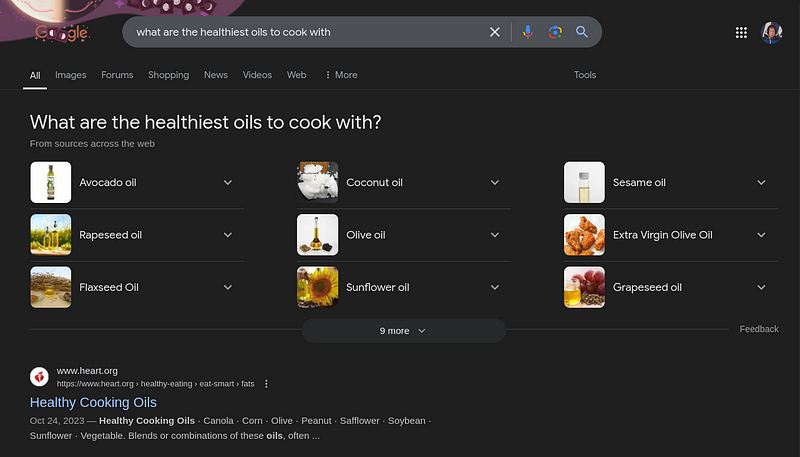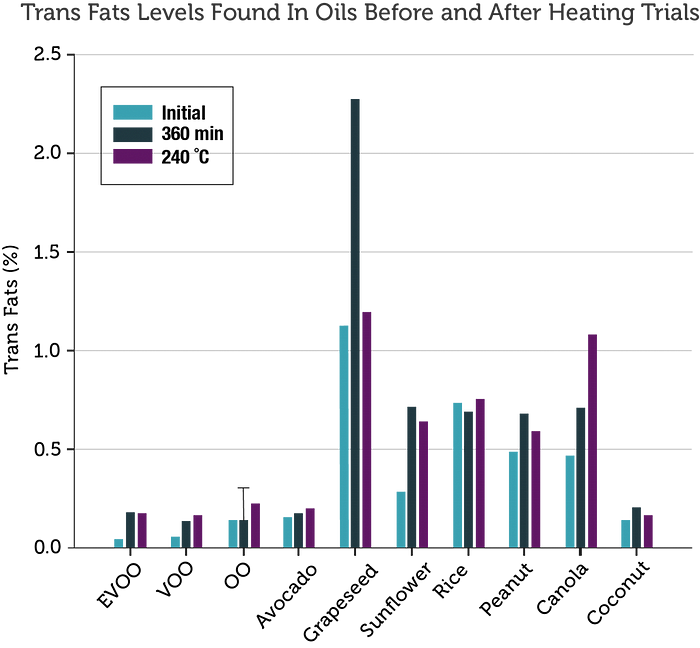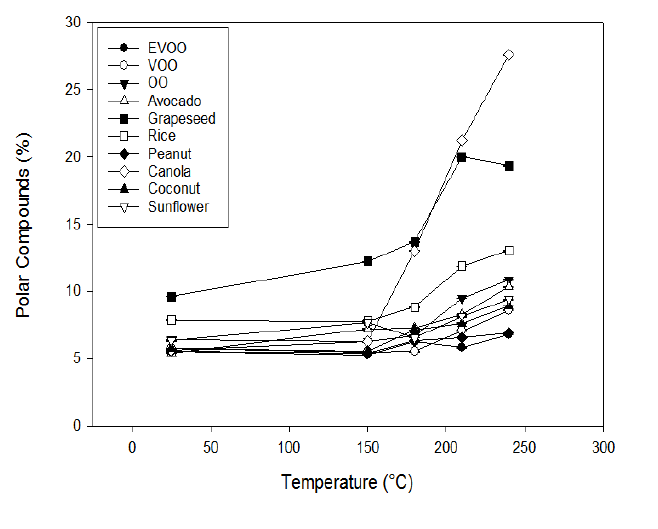We've Been Wrong About Healthy Cooking Oils.
-

 Josh Universe is an analog astronaut, science communicator, biohacker, and CEO of Astrochain. Josh Universe is the Founder of the International Biohacking Community.
Josh Universe is an analog astronaut, science communicator, biohacker, and CEO of Astrochain. Josh Universe is the Founder of the International Biohacking Community. - •
- •
- 8 min read
- •
- Loading...
- •
- Loading...

Read Next
-

Flexible MUTs: Revolutionizing Biomedical Ultrasound

 Josh Universe is an analog astronaut, science communicator, biohacker, and CEO of Astrochain. Josh Universe is the Founder of the International Biohacking Community.• •
Josh Universe is an analog astronaut, science communicator, biohacker, and CEO of Astrochain. Josh Universe is the Founder of the International Biohacking Community.• • -

Zika Virus Uses Nanotubes for Placental Spread

 Josh Universe is an analog astronaut, science communicator, biohacker, and CEO of Astrochain. Josh Universe is the Founder of the International Biohacking Community.• •
Josh Universe is an analog astronaut, science communicator, biohacker, and CEO of Astrochain. Josh Universe is the Founder of the International Biohacking Community.• • -

mRNA-Lipid Therapy for Lung Damage Repair Unveiled

 Josh Universe is an analog astronaut, science communicator, biohacker, and CEO of Astrochain. Josh Universe is the Founder of the International Biohacking Community.• •
Josh Universe is an analog astronaut, science communicator, biohacker, and CEO of Astrochain. Josh Universe is the Founder of the International Biohacking Community.• • -

3D Lung Model Transforms Respiratory Studies

 Josh Universe is an analog astronaut, science communicator, biohacker, and CEO of Astrochain. Josh Universe is the Founder of the International Biohacking Community.• •
Josh Universe is an analog astronaut, science communicator, biohacker, and CEO of Astrochain. Josh Universe is the Founder of the International Biohacking Community.• • -
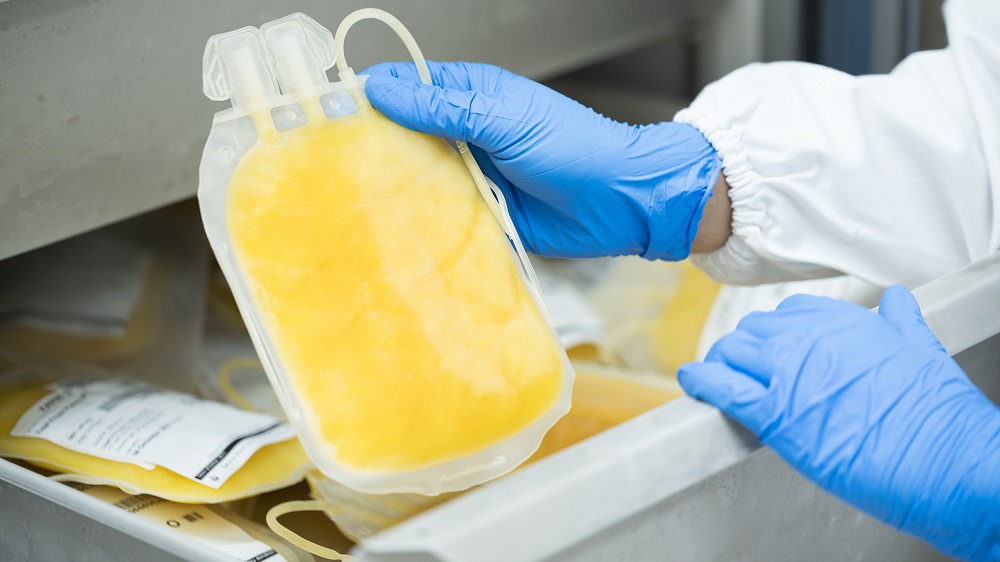
Young Plasma Reduces Inflammation in Post-Surgery Recovery

 Josh Universe is an analog astronaut, science communicator, biohacker, and CEO of Astrochain. Josh Universe is the Founder of the International Biohacking Community.• •
Josh Universe is an analog astronaut, science communicator, biohacker, and CEO of Astrochain. Josh Universe is the Founder of the International Biohacking Community.• • -

Deep Nanometry: Revolutionizing Medical Diagnostics

 Josh Universe is an analog astronaut, science communicator, biohacker, and CEO of Astrochain. Josh Universe is the Founder of the International Biohacking Community.• •
Josh Universe is an analog astronaut, science communicator, biohacker, and CEO of Astrochain. Josh Universe is the Founder of the International Biohacking Community.• • -
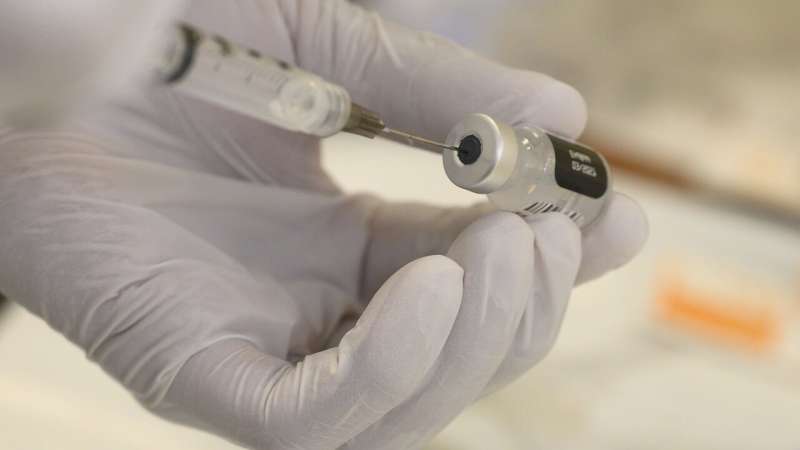
Paxlovid's Limited Impact on Vaccinated Seniors

 Josh Universe is an analog astronaut, science communicator, biohacker, and CEO of Astrochain. Josh Universe is the Founder of the International Biohacking Community.• •
Josh Universe is an analog astronaut, science communicator, biohacker, and CEO of Astrochain. Josh Universe is the Founder of the International Biohacking Community.• • -

Hepatitis B Breakthrough: New Treatment Discovered

 Josh Universe is an analog astronaut, science communicator, biohacker, and CEO of Astrochain. Josh Universe is the Founder of the International Biohacking Community.• •
Josh Universe is an analog astronaut, science communicator, biohacker, and CEO of Astrochain. Josh Universe is the Founder of the International Biohacking Community.• • -

"Micro-vibration Microneedles for Rapid Biomarker Detection"

 Josh Universe is an analog astronaut, science communicator, biohacker, and CEO of Astrochain. Josh Universe is the Founder of the International Biohacking Community.• •
Josh Universe is an analog astronaut, science communicator, biohacker, and CEO of Astrochain. Josh Universe is the Founder of the International Biohacking Community.• • -

Repurposing Medications to Lower Dementia Risk

 Josh Universe is an analog astronaut, science communicator, biohacker, and CEO of Astrochain. Josh Universe is the Founder of the International Biohacking Community.• •
Josh Universe is an analog astronaut, science communicator, biohacker, and CEO of Astrochain. Josh Universe is the Founder of the International Biohacking Community.• •
Subscribe to Newsletter
Join me on this exciting journey as we explore the boundless world of web design together.


